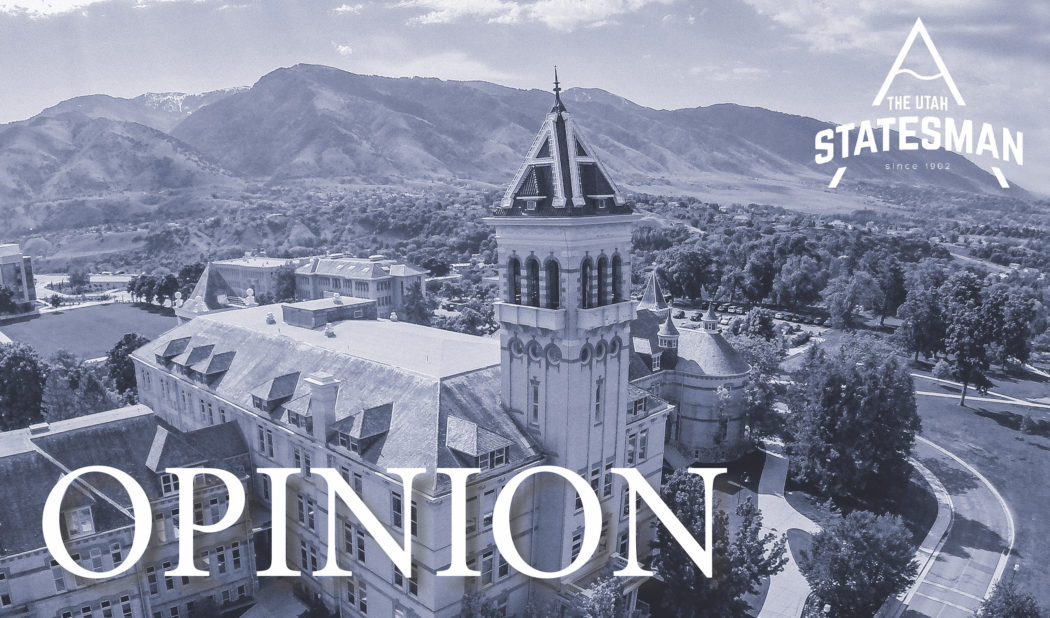COLUMN: Benefits of media literacy
We all have that senior family member.
You know — the one that posts articles and opinions on Facebook that quite honestly don’t even make sense. Most of the time we shake our heads and say “silly grandma.” We let it slide because they are old and we don’t want to be confrontational.
But by letting our senior citizens fall behind in media literacy we are creating a significant problem that needs to be addressed. Recent studies have found that people over the age of 65 are the biggest consumers and sharers of fake news on different internet platforms. Our relatives are getting scammed and fooled by things that others scroll right past. Grandma is contributing to the circulation of confusion and “yellow journalism” that has been plaguing the United States in recent years.
They say you can’t teach an old dog new tricks, but maybe it’s time we try. Courses in media literacy have become increasingly popular for students in high school and college. Clearly, we feel it is vitally important that the younger generation understands what is real and what is fake, but we are leaving behind an older generation that still likes to text, post, tweet, and share.
Sometimes the elderly can be stubborn and not open to change. We need to show them that we aren’t trying to change what they think or their opinions, but rather give them the knowledge to express their opinions in a more accurate way.
One way this tool could be shared with this generation is through the help of younger mentors. Tech-savvy and media-literate individuals could run community-sponsored activities that teach about unnamed sources and when it’s appropriate to use them, how to spot native advertising and even specific tools like NewsGuard, a browser extension that rates the trustworthiness of websites and specific stories. Although this information is new and uncharted territory, it ultimately comes down to a key goal that everyone can respect: learning to recognize and avoid misinformation — and that goal has no age limit. Seeking honest and truthful journalism is something that will never go out of style.
Through simple lessons and mentoring, the older generation — and all of us — would highly benefit from becoming more media literate. We would be less susceptible to scams, false advertising, and fake news.
So educate yourself, and then the next time Grandma shares a fake picture of Justin Bieber eating a burrito on Facebook instead of laughing it off, call her up and have a conversation so she won’t be fooled again.

